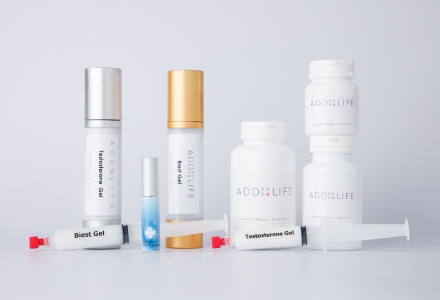Dry Skin
Dry skin is skin that doesn’t have enough moisture in it to keep it feeling soft. The medical term for dry skin is xeroderma. Xerosis is severely dry skin. Dry skin feels like rough patches of your skin that can flake or look scaly. If your skin is dry, it may or may not be itchy (pruritis). Severe dry skin may crack and bleed.
Common Symptoms of Dry Skin:
- Rough patches of skin
- Flaky or scaly appearance
- Itching or irritation (in some cases)
- Cracks or bleeding in severe cases
Many different things can cause dry skin, including environmental causes and certain health conditions.
Environmental causes of dry skin include:
- using harsh deodorants or cleaning products
- taking long, hot showers or baths
- living in cold, dry conditions
- using heat sources, such as central heating or wood-burning stoves, that dry out the air
Internal Causes of Dry Skin:
Sometimes, dry skin can be a result of underlying health conditions. Below are some of the common ones.
- Dehydration: When the body is dehydrated, its ability to maintain moisture in the skin decreases, leading to rough and dry skin.
- Nutritional Deficiencies and Vitamin Deficiency: Nutrients and vitamins such as Vitamin A, C, E, and Omega-3 fatty acids play a crucial role in maintaining skin hydration. A deficiency in these essential nutrients can cause the skin to lose moisture and elasticity.
- Hormonal Changes: Changes in hormone levels, such as estrogen during menopause or hormonal imbalances, can lead to dry skin and the loss of moisture in the skin.
- Free Radicals: An elevated level of free radicals in the body can damage the skin, causing it to become dry and rough.
Sometimes, dry skin can be a result of underlying health conditions. Below are some of the common ones.
-
Dehydration
-
Eczema
-
Diabetes
-
Kidney disease
-
Anorexia
-
Medications
When an underlying health condition, such as diabetes or anorexia, causes dry skin, our ADDLIFE physicians will work with you to get the condition under control.











